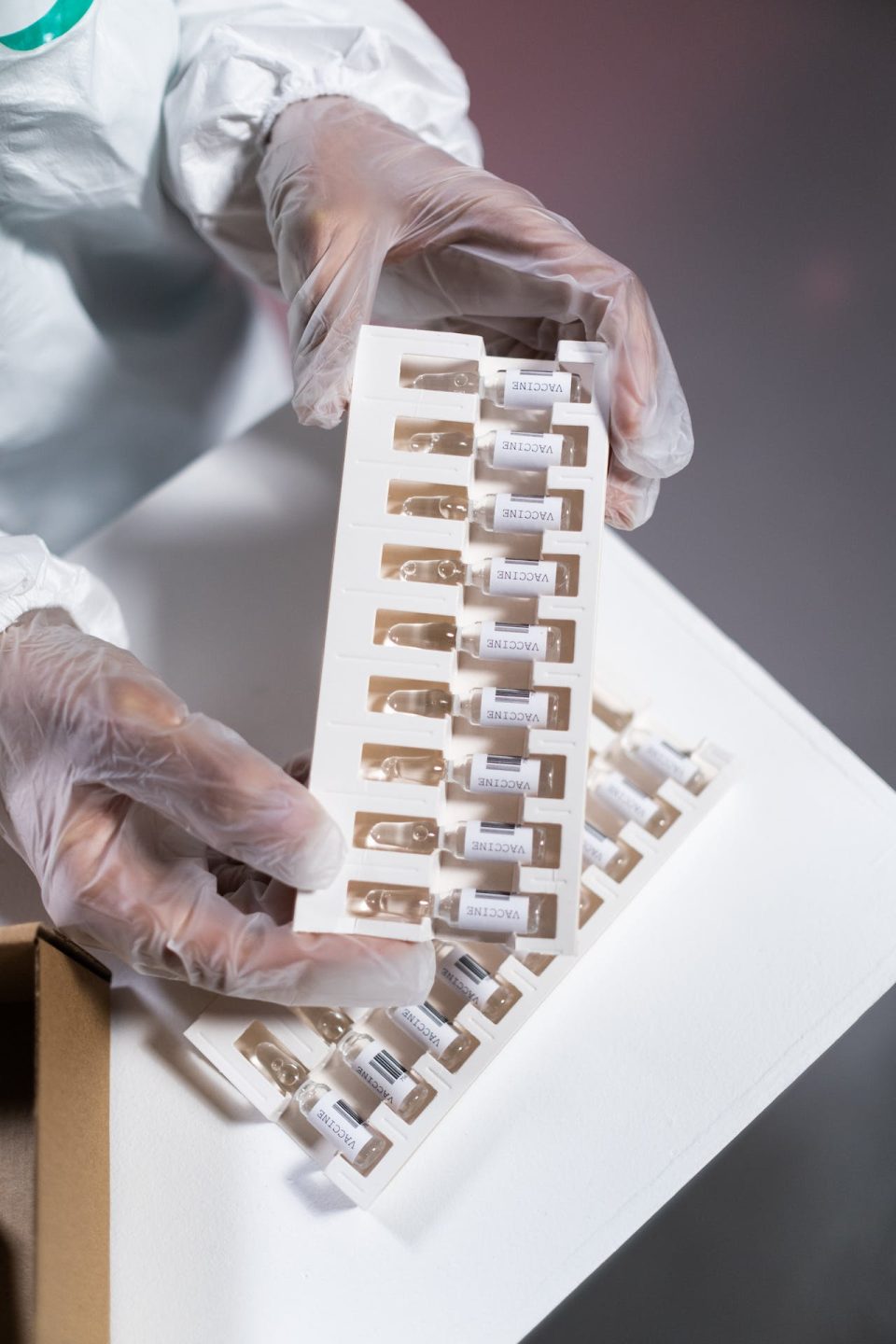In a notable turn of events, pharmaceutical giant Pfizer disclosed its first quarterly loss since 2019 on Tuesday. This downturn was attributed to waning demand for its COVID-19 related products, coupled with a substantial charge resulting from the US Government’s return of millions of doses of its antiviral treatment, Paxlovid. The third quarter saw Pfizer incurring a significant $5.6 billion charge linked to Paxlovid and the vaccine Comirnaty. This information had been largely pre-announced earlier this month.
Despite this setback, Pfizer achieved a milestone with its experimental messenger-RNA influenza vaccine, meeting primary objectives in a late-stage study targeting individuals aged 18 to 64. The vaccine demonstrated robust immunogenicity against influenza A strains, though it fell short of expectations in combating influenza B strains.
The tumultuous global pandemic over the past two years placed immense demands on Pfizer, resulting in historic levels of revenue primarily driven by products like the COVID-19 pill and the vaccine developed in collaboration with German partner BioNTech SE. In response to anticipated patent expirations for many of Pfizer’s flagship drugs, CEO Brent Saunders spearheaded strategic investments in research and acquisitions. Notably, the acquisition of cancer-therapy specialist Seagen, amounting to a substantial $43 billion, aimed to fortify Pfizer’s product portfolio.
The third quarter bore witness to a staggering decline in sales of COVID-19 related products, falling short of estimates. Paxlovid sales plummeted by a staggering 97%, amounting to $202 million, while vaccine revenue contracted to $1.31 billion. Projections from an LSEG data report had anticipated $1.44 billion in vaccine sales and $618.20 million in Paxlovid sales.
In a bid to align with its annual sales targets, Pfizer revised down its 2023 sales forecast by $9 billion. Simultaneously, the company unveiled a $3.5 billion cost-cutting initiative. Notwithstanding these adjustments, Pfizer reaffirmed its earlier provided full-year sales and profit projections.
The third quarter financial report revealed a loss of 42 cents per share for Pfizer, a stark contrast to the $1.51 per share profit reported in the corresponding period of the preceding year. The overall revenue for the quarter amounted to $13.23 billion, marking a significant drop from the $22.64 billion figure recorded a year earlier. Sales of the recently launched Abrysvo respiratory syncytial virus (RSV) vaccine totaled $375 million.
The unexpected quarterly loss of Pfizer underscores the challenges faced by even the industry giants in a rapidly evolving healthcare landscape, highlighting the need for strategic adaptation and innovation in the face of unforeseen circumstances.
Source: Reuters

